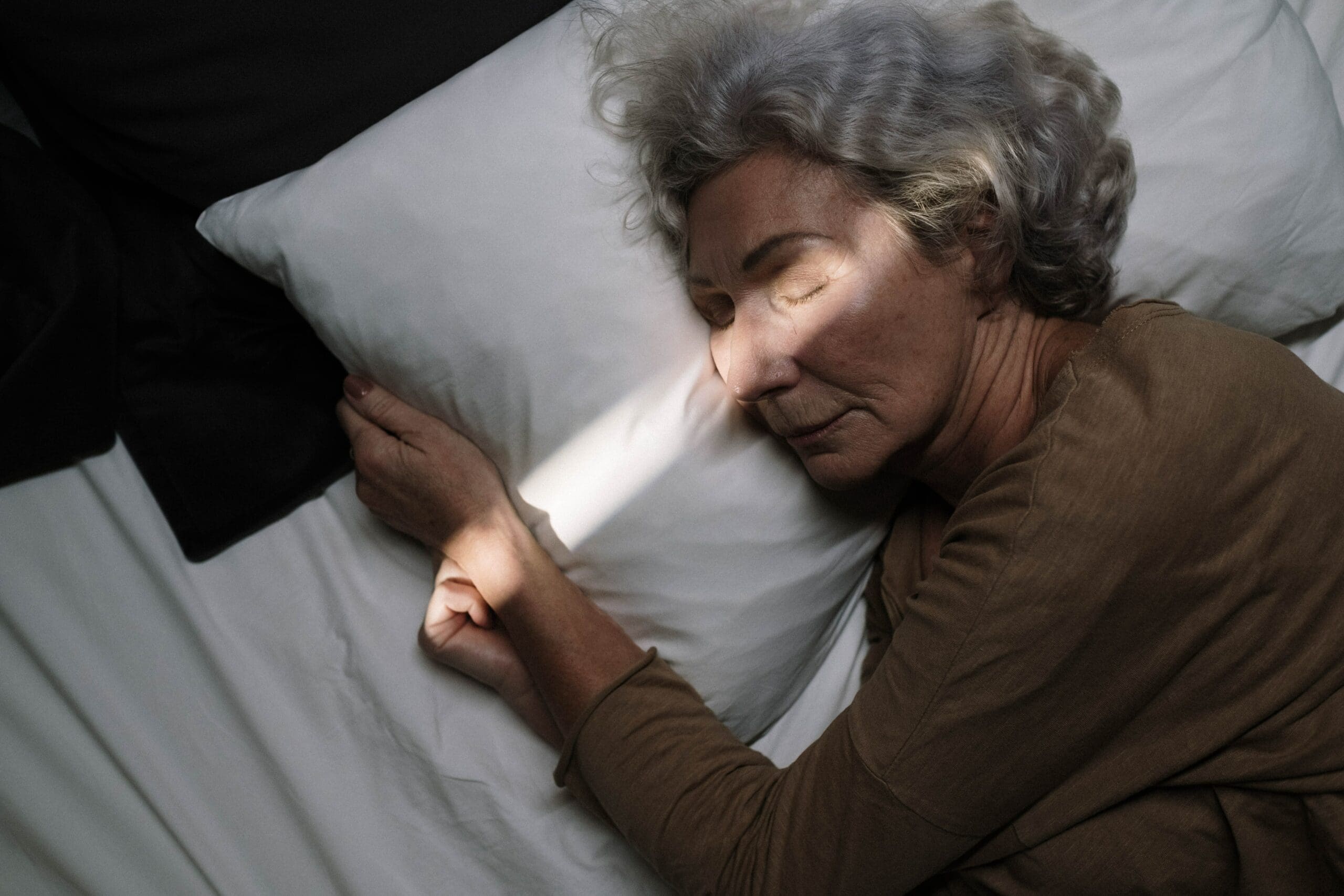Everyone has trouble sleeping occasionally, but when getting sleep becomes a long-term struggle, It harms everyone and everything around you.
Insomnia, which is defined as having trouble falling and staying asleep, affects everything from your brain to your weight. But other than going to the doctor and taking prescribed medication, is there really anything that can be done to help improve your sleeping habits?
Absolutely! Below are some tips and tricks you can try to get your sleeping patterns under control.
Increase bright light exposure during the day
Your body has a natural clock that tells you when it’s time to wake up and go to bed every day called the circadian rhythm. Exposing yourself to light during the day will help your body understand the difference between daytime and nighttime, making your tired when you have to be.
Going outside and being in natural sunlight helps your brain, body, and daytime energy function in the ways they should. According to healthline.com, “In people with insomnia, daytime bright light exposure improved sleep quality and duration. It also reduced the time it took to fall asleep by 83%.”
Go outside!
Reduce bright light exposure in the evening
Put down that phone, laptop, Kindle, TV, or anything else with blue-light waves!
Blue light affects your circadian rhythm, just like bright light. Exposing your body to blue light waves right before bed will trick your body into thinking it’s daytime, making it harder to fall and stay asleep.
Instead of using electronics at night, take out a book or a newspaper, reducing your exposure and making it easier to go to bed.
Watch that caffeine intake
Caffeine affects your body, even if you don’t think it does.
Ingesting caffeine after 4 pm can affect sleeping patterns well into the night. It might be time to invest in decaf and caffeine-free alternatives.
Set a schedule
It’s all about that circadian rhythm again. Going to bed and waking up at the same time every day trains your body how to properly function. Your circadian rhythm will fall into line once you train your body to that specific schedule.
Don’t eat late into the evening
Eating late at night, just like drinking caffeine after 4 pm, give your body energy that it doesn’t know what to do with, making it more difficult to fall asleep. Having an early dinner with fewer snacks into the night will make it easier to go to sleep in the long run.

